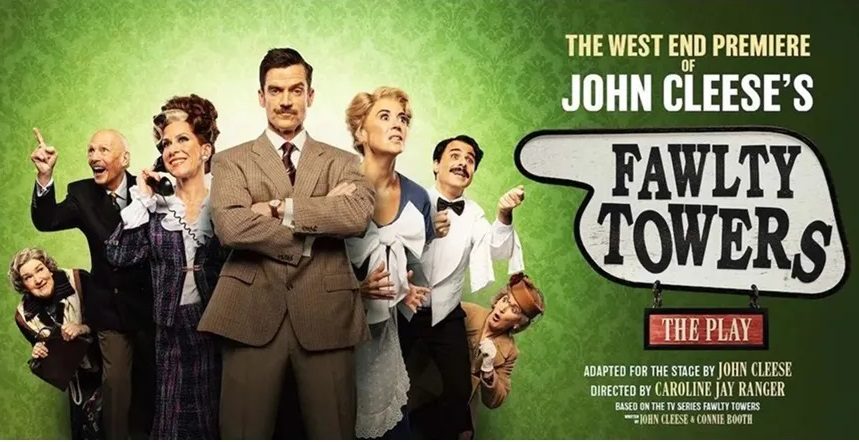Reviving the Charm: The Fawlty Towers Play Hits the Stage

Introduction
Fawlty Towers, the iconic British sitcom created by John Cleese and Connie Booth, has seen a resurgence in popularity in recent years. With its blend of comedy, chaos, and fascinating characters, it has now made its way to the stage as a new theatrical adaptation. This revival is significant not only for fans of the original show but also for theatre enthusiasts eager for a dose of classic British humour.
A Creative Adaptation
The play adaptation of Fawlty Towers is directed by renowned theatre director, Michael Kurek, and has captured the essence of the original series while introducing fresh elements to entertain modern audiences. Adapted from the series that aired between 1975 to 1979, the stage play retains much of its sharp wit and zany situations, familiar to long-time fans. Characters like Basil Fawlty, Sybil Fawlty, and Manuel have been portrayed by a talented cast who breathe new life into these beloved personas.
Theatre Production Highlights
Set in the fictional Torquay hotel run by the irascible Basil (played by Mark Thomas), the stage production brings the hotel’s chaotic atmosphere to life, showcasing a succession of both humorous and absurd situations. The play incorporates several classic scenes from the television series, such as the hilarious ‘German’ episode and the farcical wedding scene, while also introducing new plot twists to delight viewers. Critics have praised the performances, particularly highlighting the chemistry between the actors, which replicates the original sitcom’s electric dynamic.
Taking place in various theatres across the UK, this revival has been received with enthusiasm by audiences. Some performances have sold out quickly, proving the enduring appeal of Fawlty Towers among both older and younger generations, as they engage with the legacy of the classic show.
Conclusion
The revival of the Fawlty Towers play not only extends the legacy of a cherished sitcom but also underscores the importance of theatrical adaptations in preserving cultural works. As more people flock to theatres post-pandemic, productions like these are vital in bringing communities together through shared laughter. Fans of the show can expect both nostalgia and novelty, which makes this play a must-see. The success of the initial run could pave the way for further adaptations of classic television shows into theatrical masterpieces, blending past and present to entertain new audiences.








